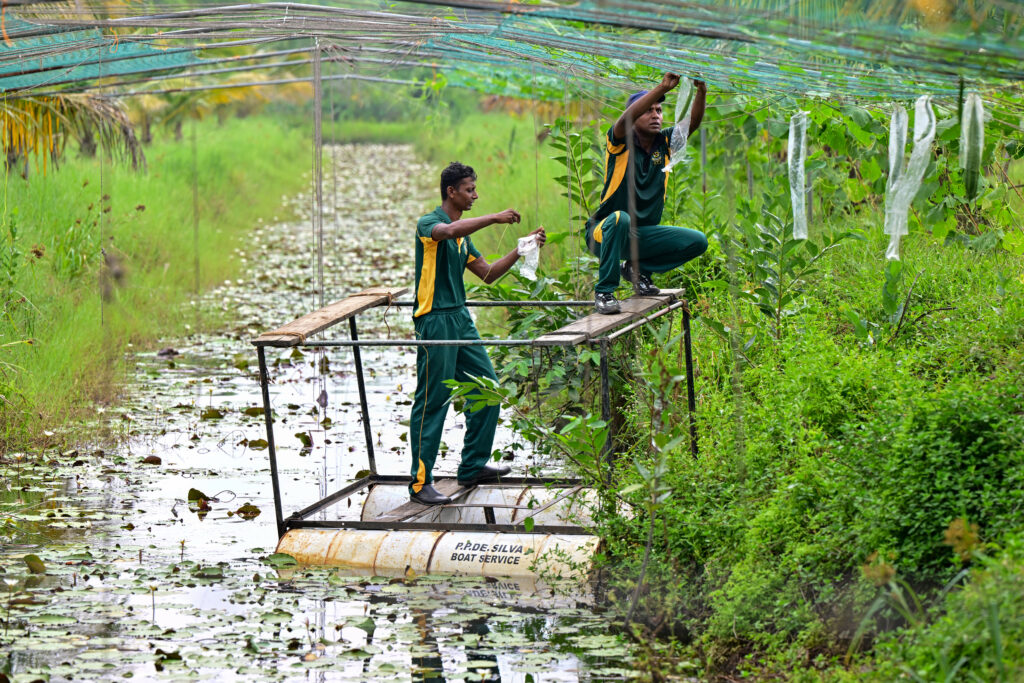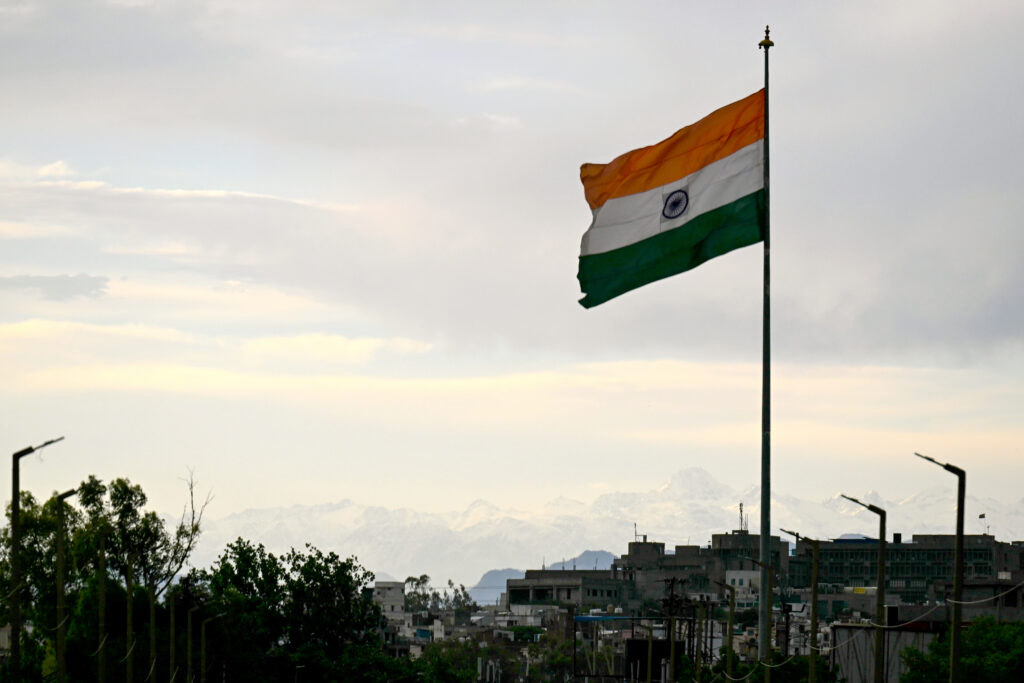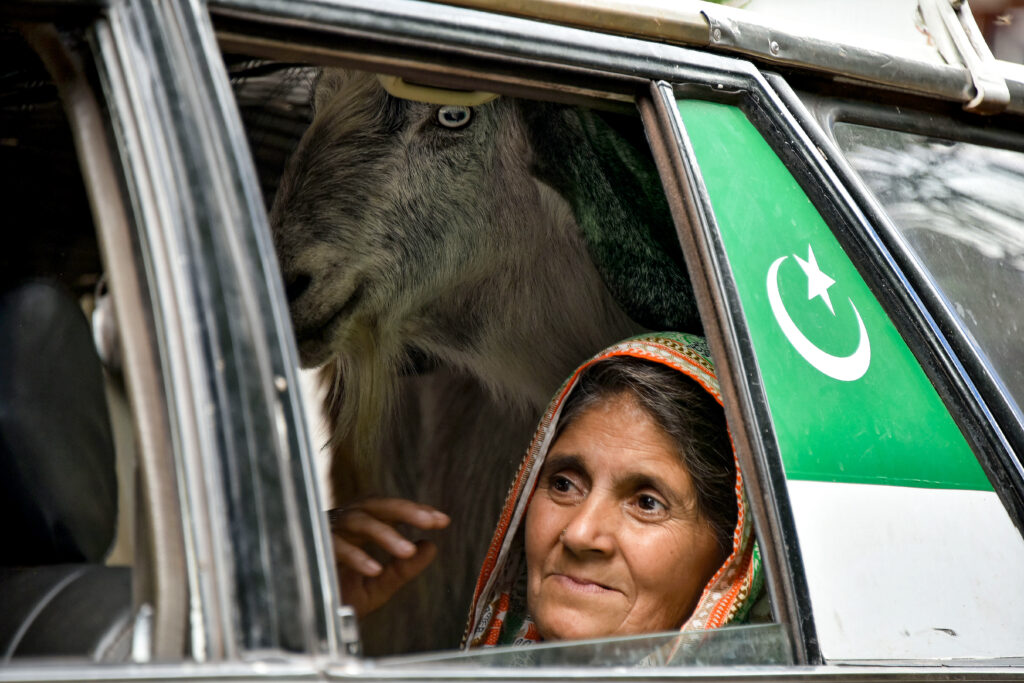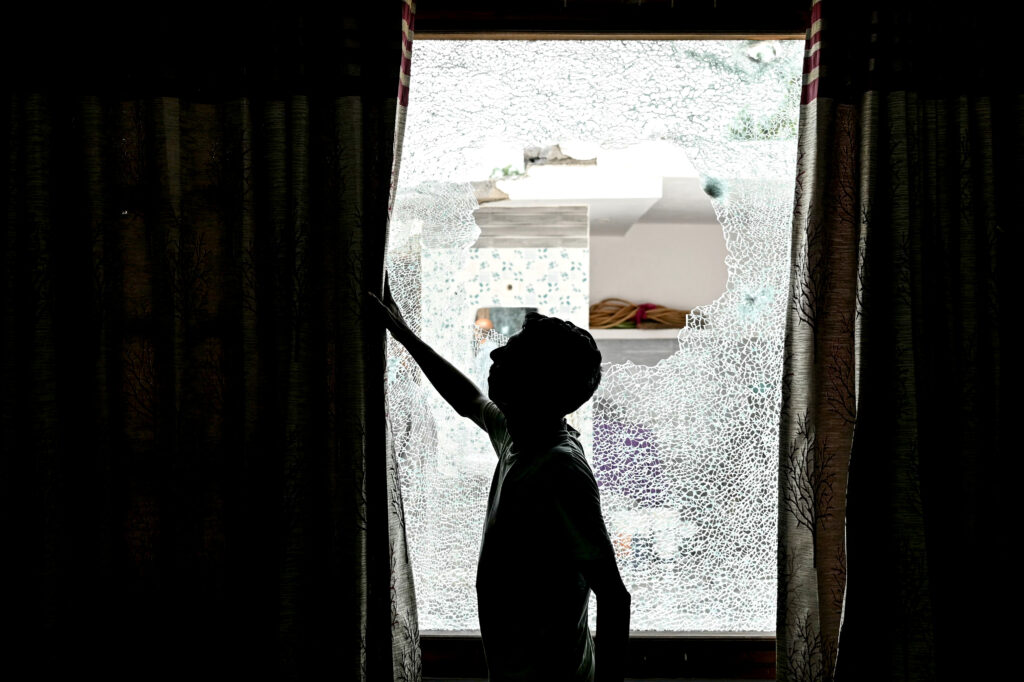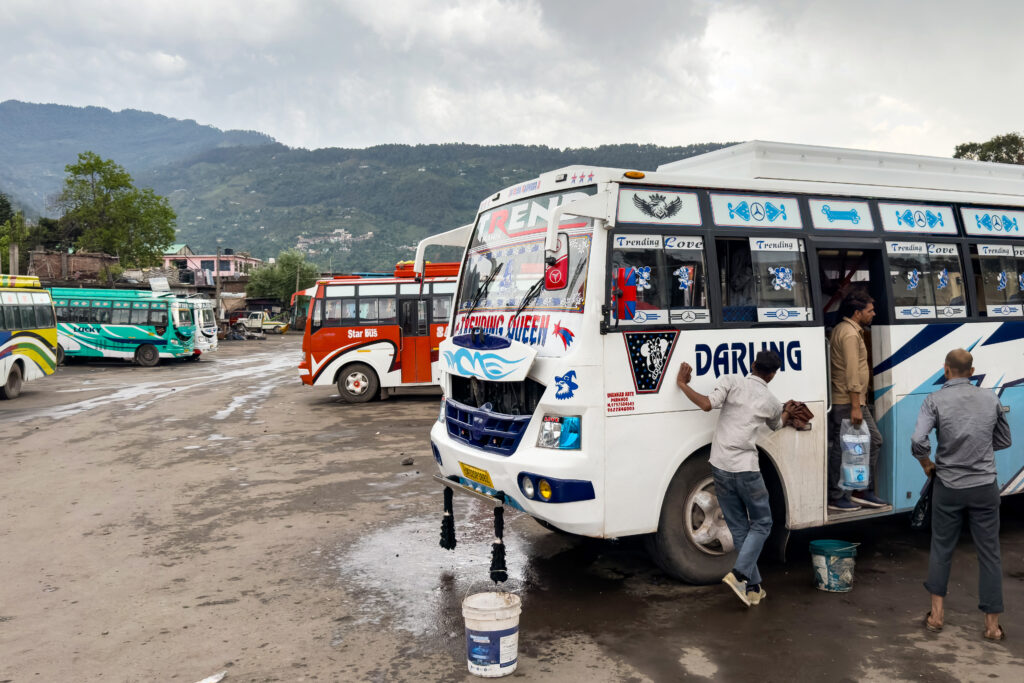India, Pakistan military to confer as ceasefire holds
Indian and Pakistani military chiefs were set to confer Monday as a ceasefire that brought the nuclear-armed rivals back from the brink of all-out war held.US President Donald Trump announced the truce late Saturday after four days of missile, drone and artillery attacks which killed at least 60 people and sent thousands fleeing on both sides.The phone call between the heads of military operations comes after the Indian army reported the “first calm night in recent days” in Kashmir and along its western border with Pakistan.Initially the conversation had been due to take place at 12:00 pm (0630 GMT) but Indian officials said it had been delayed to the evening.Abdul Basit at the S. Rajaratnam School of International Studies in Singapore said it would be about modalities of the ceasefire and not policy decisions.The aim is to “avoid any miscalculations, because right now one spark could quickly move towards a nuclear catastrophe,” Basit told AFP.The flare-up in violence was the worst since the rivals’ last open conflict in 1999 and sparked global shudders that it could spiral into full-blown war.There were initial doubts as the rivals accused each other of breaching the ceasefire just hours after it was unexpectedly announced by Trump on social media.”The night remained largely peaceful across… Kashmir and other areas along the international border,” the Indian army said. “No incidents have been reported, marking the first calm night in recent days,” the statement added. India reopened 32 airports on Monday that had been closed due to the conflict, authorities said.- ‘Victory’ claims -Top India and Pakistan military officials held briefings late Sunday with each claiming the upper hand and warning they were ready to respond if there were fresh attacks.”We have delivered the promise we made to our people”, Pakistan’s military spokesman Lieutenant General Ahmed Sharif Chaudhry said, calling it a “success on the battleground”.”We re-established deterrence and neutralised key threats”, Pakistani Air Vice Marshal Ahmed Aurangzeb told reporters.”We have thus far exercised immense restraint so far and our actions have been focused, measured and non-escalatory,” said Indian Lieutenant General Rajiv Ghai.But he added: “Any threat to the sovereignty, territorial integrity and safety of our citizens will be met with decisive force,” he added.- ‘Our worst nightmare’ -It was also the second straight night without gunfire or shelling at Poonch, a frontier town in the part of divided Kashmir administered by India. Poonch was one of the worst-hit places in India, with at least 12 residents killed and most of the estimated 60,000 residents fleeing their homes. On Sunday, people started trickling back, although many were still jittery about the ceasefire.Abdul Razzak returned after fleeing with four children and two other relatives on two motorbikes with nothing but their clothes. “It was our worst nightmare… We’ve seen our people die around us, so none of us want a war,” the 50-year-old told AFP after returning to his house.Thousands of schools remained closed across Pakistan-administered Kashmir as areas were cleared of debris from strikes and firing, said local official Naveed-Ul-Hassan Bukhari.The alarming spiral towards all-out conflict began before dawn on Wednesday, when India launched missile attacks destroying what it called “terrorist camps” in the Pakistani part of Kashmir.This followed an April 22 attack on tourists in Indian-administered Kashmir, which killed 26 civilians.India accused Pakistan of backing the attack but Islamabad denied involvement and immediately responded to the strikes with heavy artillery fire.It claimed to have downed five Indian fighter jets — something New Delhi has not commented on.Militants have stepped up operations in Kashmir since 2019, when Indian Prime Minister Narendra Modi’s Hindu nationalist government revoked the region’s limited autonomy and took it under direct rule from New Delhi.Divided Muslim-majority Kashmir is claimed in full by both countries, who have fought several wars over the territory since their independence from Britain in 1947.



